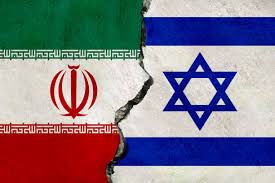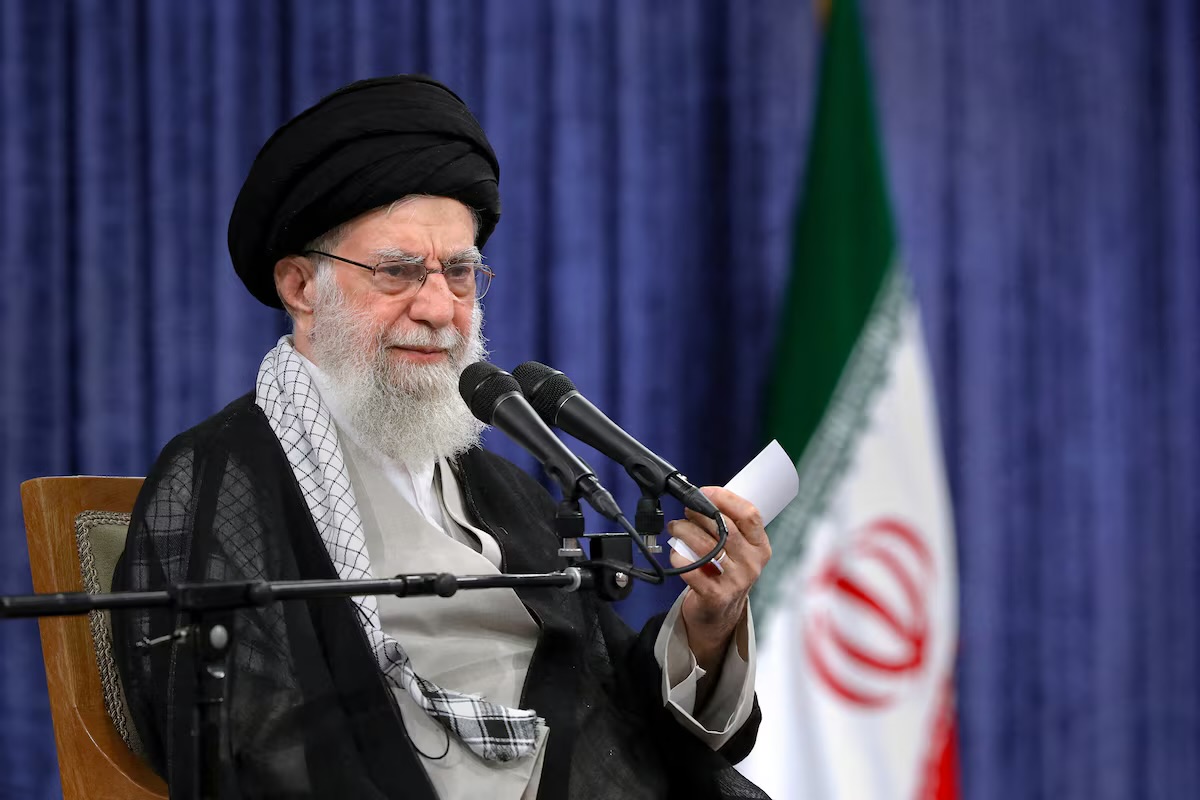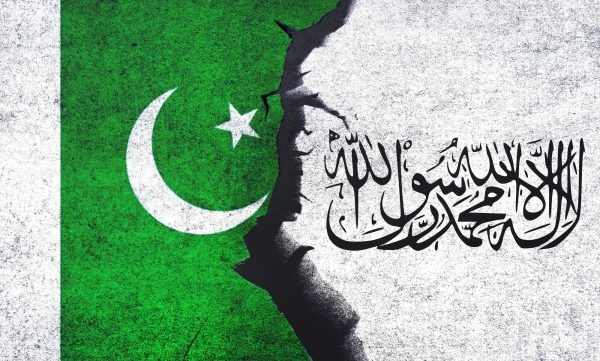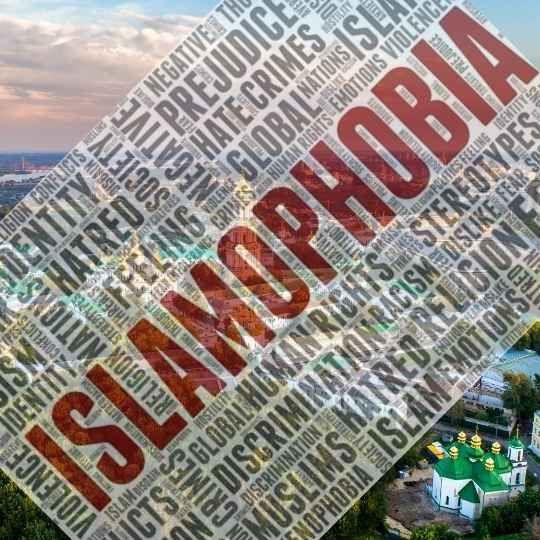By: Liban Ismail Abdilahi (Somaliland)
The Israel-Iran conflict is not confined to the Middle East but extends into African geopolitics, where both states seek influence through alliances with local actors and control over strategic locations. This paper explores the direct and indirect effects of this rivalry on the Horn of Africa, focusing on security threats, political realignments, economic impacts, and strategies for survival.
Geopolitical Background of Israel-Iran Rivalry
The antagonism between Israel and Iran intensified after the 1979 Islamic Revolution, when Iran adopted an anti-Israel foreign policy. Iran’s support for proxy groups such as Hezbollah in Lebanon and Hamas in Gaza reflects its strategy to counter Israel without engaging in direct military conflict. Israel has responded with covert operations, cyber warfare, and regional diplomacy to undermine Iranian influence.
Both countries have extended their rivalry to regions where strategic advantage can be gained, including the Horn of Africa. Iran’s outreach in East Africa aims to expand its geopolitical footprint and threaten Israel’s regional security indirectly. Conversely, Israel seeks to establish alliances in the Horn to monitor and counter Iran’s activities and secure access to critical maritime routes.
Somaliland’s Role and Position in Israel-Iran Dynamics
Somaliland has emerged as an important actor within the Horn, balancing its internal quest for recognition with external geopolitical interests. Though officially neutral, Somaliland’s security and economic partnerships, especially those linked to foreign investment in the Port of Berbera, expose it to the influences of broader regional rivalries.
Israel’s growing interest in East Africa includes engagement with Somaliland, where investments and diplomatic overtures have aimed to foster closer ties. Such relationships could provide Israel with strategic footholds near critical maritime passages. Conversely, Iran’s influence in the broader Somali region, particularly in southern Somalia, contrasts with Somaliland’s more Western- and Israel-aligned stance (International Crisis Group).
Given Somaliland’s fragile statehood status and strategic importance, escalating Israel-Iran tensions risk drawing it further into geopolitical competition, which may challenge its internal stability and aspirations for international recognition.
Security Implications for the Horn of Africa
Proxy Conflicts and Armed Groups
Iran has cultivated relationships with local non-state actors and political factions in Somalia and Sudan, often providing material and financial support to militias aligned with its interests. This support risks exacerbating existing conflicts in these fragile states and increases the possibility of violent confrontations with groups backed by Israel or its allies.
Israel’s partnerships with countries such as Ethiopia and Eritrea are part of a strategic effort to contain Iranian influence. These relationships involve intelligence sharing, military cooperation, and economic investments, which have sometimes polarized regional politics. The presence of proxy actors linked to these external powers complicates local governance and peacebuilding efforts.
Maritime Security and Shipping Lanes
The Bab el-Mandeb Strait is a critical chokepoint for global maritime trade, linking the Red Sea to the Gulf of Aden and the Indian Ocean. Iran’s occasional threats to disrupt shipping routes as leverage in its conflict with Israel or Western powers pose significant risks to Horn of Africa states dependent on port revenues and international trade.
Israel has also increased its naval presence in the Red Sea, collaborating with regional partners to secure shipping lanes. While these efforts aim to counter Iranian threats, they raise tensions and the risk of naval incidents, which could have devastating regional consequences.
Political and Diplomatic Repercussions
The Israel-Iran conflict influences the diplomatic calculus of Horn of Africa states. Governments face difficult decisions balancing relations with Iran, Israel, and global powers such as the United States and China. For example, Ethiopia and Eritrea have developed closer ties with Israel, seeking military and technological assistance, which complicates their regional relations.
Meanwhile, Sudan’s gradual rapprochement with Israel contrasts with Somalia’s suspicion of Israeli intentions, partly due to its majority-Muslim population and political alliances with Iran. Somaliland’s unique political status creates both opportunities and vulnerabilities in this dynamic, as it navigates international partnerships without full diplomatic recognition.
Economic Impact
The instability created by the Israel-Iran clashes affects investment and trade in the Horn of Africa. Heightened security risks in maritime routes can disrupt imports and exports, raising costs and reducing economic growth. Additionally, governments facing security threats may divert resources to defense spending, limiting funds available for development projects and social services.
Foreign direct investment (FDI) may also decline due to perceived instability, particularly in key sectors like infrastructure, energy, and ports. Somaliland, with its growing port infrastructure, risks economic setbacks if regional insecurity escalates.
Strategies for Survival and Stability
- Enhanced Regional Cooperation
Horn of Africa states should strengthen cooperation through regional bodies such as the Intergovernmental Authority on Development (IGAD) and the African Union (AU) to collectively manage security threats and political challenges arising from external rivalries. - Diversification of Diplomatic Relations
States should pursue balanced foreign policies that avoid exclusive alignments with either Israel or Iran, thus minimizing risks of being drawn into proxy conflicts. - Strengthening Maritime Security
Investment in regional naval capabilities and joint patrols to secure critical maritime chokepoints like Bab el-Mandeb is essential to protect trade routes from disruption. - Conflict Resolution and Governance Reform
Addressing internal conflicts, enhancing governance, and promoting inclusive political dialogue can reduce vulnerabilities exploited by external powers. - Economic Resilience
Diversifying economies, improving infrastructure, and fostering stable investment environments will mitigate the economic impact of regional instability. - International Engagement
engaging with global powers and multilateral organizations to secure political support, capacity-building, and conflict prevention resources is vital. - Public Awareness and Media Literacy
promoting public understanding of regional dynamics can prevent manipulation by proxy actors and encourage national unity.
The Israel-Iran conflict, while centered in the Middle East, significantly impacts the Horn of Africa’s security environment, political alignments, and economic stability. The proliferation of proxy actors, threats to maritime security, and shifting diplomatic ties underscore the complexity of these effects. Somaliland’s unique position amplifies the region’s geopolitical sensitivity, as its quest for stability and recognition intersects with great power rivalries.
Mitigating these challenges requires coordinated regional cooperation, strengthened governance, and international engagement focused on conflict prevention and sustainable development. Implementing the outlined strategies will enhance the Horn of Africa’s resilience and safeguard its stability and development prospects.





